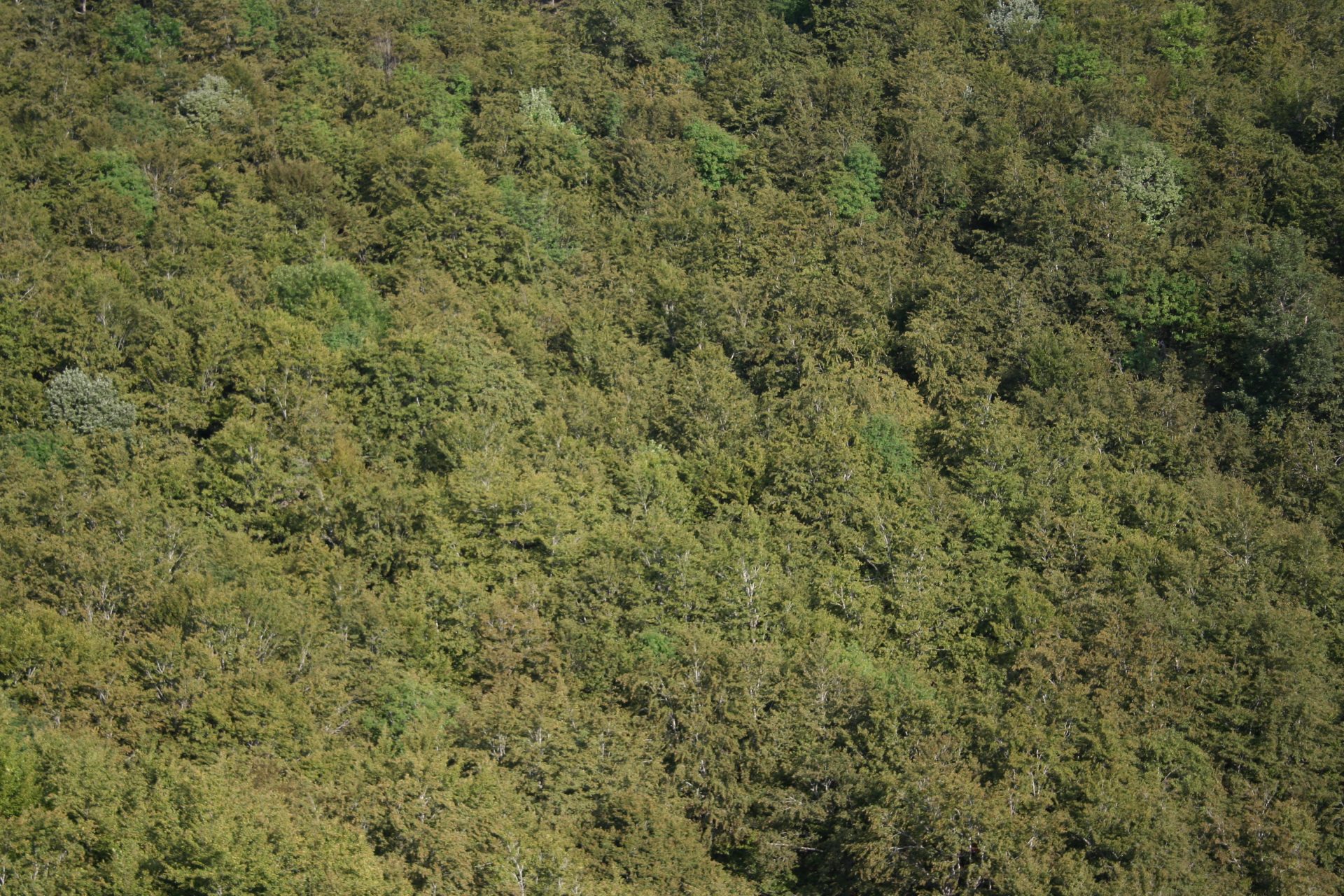Our graduates, regardless of their field of study, once in the workplace will face very different conditions than those of a generation ago, and will need competence to cope with conditions of uncertainty, complexity and rapid change, as well as to contribute positively to a more sustainable, safe and secure future.
The world our graduates are entering is characterised by what has been termed the ‘triple crunch’ of three interrelated major global trends: growing climate change, the end of cheap energy coinciding with diminishing or hard-to-access fossil fuel resources, and economic instability. Moreover, such trends are systemically linked, so that key issues cannot be considered or addressed separately. These are huge and contentious issues that require multiple and interdisciplinary perspectives, innovation and enterprise to address – a challenge HE is uniquely placed to address.
Contemporary and future socio-economic and environmental challenges set an overarching context for HE as a whole, not least indicating the kind of aptitudes, understanding and competencies that may be needed by our graduates, both now and for an uncertain future. This is recognised by many students (Bone and Agombar 2011).
This 1 day event will feature speakers from across the sector giving insight into how these issues have been addressed at different Universities. This will cover a wide range of approaches from creation of stand-alone sustainability modules, incorporating sustainability topics into existing teaching and utilising pedagogy to embed sustainability skills.
This will be followed by opportunities for students and staff to look at ways these approaches can be employed at Kent, and to begin the process of co-creation of curriculum content.
Expected positive outcomes:
- to explore theories, practices, and strategies of ESD (Education for Sustainable Development) within HE;
- to focus on diverse methods for embedding discourse and practice of sustainability within the curriculum, at the levels of content, delivery and assessment;
- to open lines of communication between staff across Faculties and Professional Services at Kent, and to form networks with other institutions on matters of sustainability;
- to prioritise the voice of students in the discussions, to understand their interest and concerns about sustainability, to showcase student activities, and to encourage greater engagement;
- to initiate and facilitate ongoing projects, both on and off-campus;
The conference directly responds to the Vice-Chancellor’s commitment to ‘Embed Sustainability through building the UN Sustainable Development Goals into our research, education, leadership, operations, administration and engagement.’ These are commendable ambitions for the University, and we are keen to energise the discussion, activate networks and enable formal and informal curricular activities to develop, all of which will strengthen these ambitions.
The principle objective of the conference is, precisely, to develop networks amongst staff and students across the institution and other institutions to provide a common platform for contributing to the embedding of the UN Sustainability Development Goals in the University Curriculum. In particular, we will create a specific network at Kent for the implementation and development of sustainability in the formal and informal curriculum at the University. We would hope that the event serves as a springboard for further activities. In all these matters, the overarching principle of the event and the networks is not simply the study and practice of sustainability, but that the networks, knowledge and skills be, themselves, sustainable.
Please spread the word.
Please register following the Eventbrite booking page on right.
Best wishes to all,
William Rowlandson & Catherine Morris
